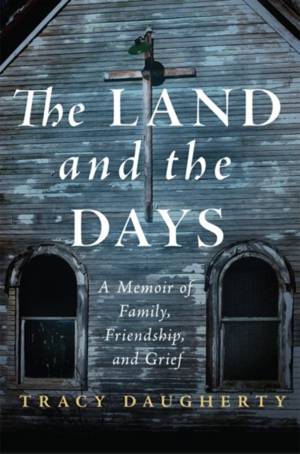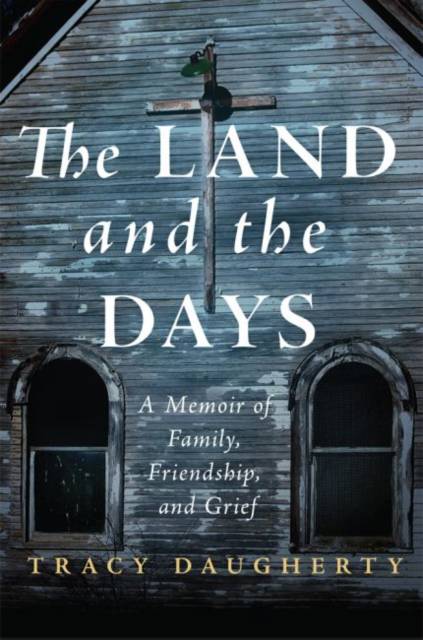
- Afhalen na 1 uur in een winkel met voorraad
- Gratis thuislevering in België vanaf € 30
- Ruim aanbod met 7 miljoen producten
- Afhalen na 1 uur in een winkel met voorraad
- Gratis thuislevering in België vanaf € 30
- Ruim aanbod met 7 miljoen producten
Zoeken
€ 34,95
+ 69 punten
Omschrijving
In "Cotton County," the first of the dual memoirs in The Land and the Days, acclaimed author Tracy Daugherty describes the forces that shape us: the "rituals of our regions" and the family and friends who animate our lives and memories. Combining reminiscence, history, and meditation, Daugherty retraces his childhood in Texas and Oklahoma, where he first encountered the realities of politics, race, and class. As a child in the early 1960s, Daugherty lived with his parents and sister in West Texas. And yet from a young age, in the author's recounting, he was just as much at home in the small town of Walters, Oklahoma, where his grandparents lived and where he and his family often visited. A cattle and oil town just a few miles north of the Red River, Walters seemingly belonged to another realm. In sensory detail, Daugherty evokes the old-fashioned atmosphere of his grandparents' home, the "tastes, smells, and textures: fried okra, mothballs, cotton batting--radiators and ancient typewriters." These were things, he explains, that he experienced only in Oklahoma. The "Unearthly Archives," the second of Daugherty's memoirs, expands the realistic accounts of the first narrative, providing a meditation on the meaning of grief. Daugherty demonstrates his curiosity and indefatigable quest for understanding and closure by examining his life-long store of literary readings, as well as the music he loves, to discover the true value of a life dedicated to art. Whereas the first narrative explores daily family life, setting up what will be the huge loss of his parents, the second examines questions of death, grief, creativity, and the meaning of memory. As he mourns the loss of his parents, Daugherty reckons with his own mortality and finds himself confronting such fundamental questions as, How does individual consciousness develop? What can music, art, and literature teach us about life's experiences? And finally, Is there a soul? The Land and the Days addresses these eternal questions with uncommon honesty and grace.
Specificaties
Betrokkenen
- Auteur(s):
- Uitgeverij:
Inhoud
- Aantal bladzijden:
- 234
- Taal:
- Engels
Eigenschappen
- Productcode (EAN):
- 9780806176239
- Verschijningsdatum:
- 27/01/2022
- Uitvoering:
- Paperback
- Formaat:
- Trade paperback (VS)
- Afmetingen:
- 152 mm x 229 mm
- Gewicht:
- 349 g

Alleen bij Standaard Boekhandel
+ 69 punten op je klantenkaart van Standaard Boekhandel
Beoordelingen
We publiceren alleen reviews die voldoen aan de voorwaarden voor reviews. Bekijk onze voorwaarden voor reviews.











